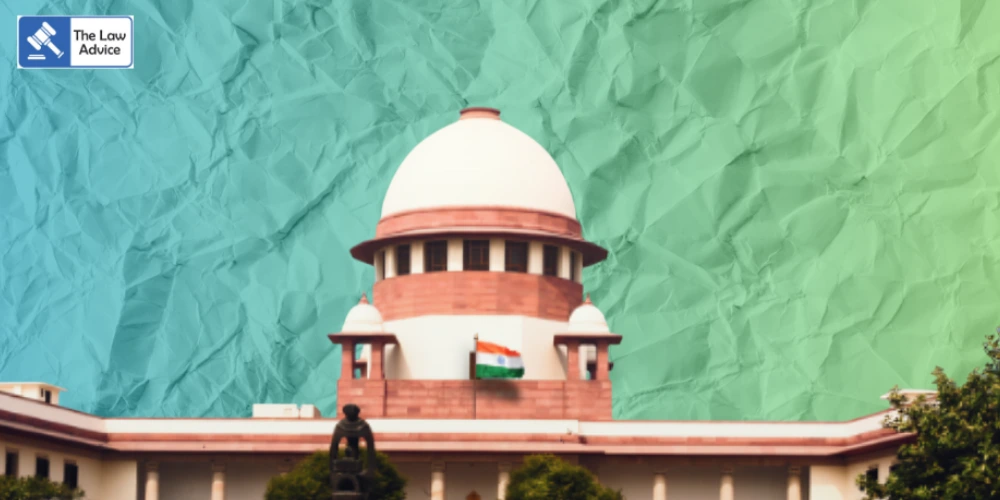
The Supreme Court has questioned the constitutional validity of the Uttar Pradesh Criminal Law (Composition of Offences and Abatement of Trials) (Amendment) Act, 2023, expressing concern over how the State could abruptly terminate all trials related to Motor Vehicles Act violations that were pending for two years or more up to 31 December 2021.
Highlighting the serious implications of abating such trials, the Court observed:
“In a country like India, traffic is a major concern… Citizens are not very disciplined in following traffic rules… There must be deterrence to curb offences under the Motor Vehicles Act, particularly among youth. The consequences can be extremely serious. With highly powerful cars today, accidents are common when drivers lose control.”
A Bench of Justices JB Pardiwala and KV Viswanathan was hearing intervention applications filed by Advocate Kishan Chand Jain in the 2012 PIL filed by Dr S. Rajaseekaran, concerning road accident fatalities.
The Court emphasised that offences like drunken driving require strong deterrence and questioned whether mere pendency of cases can justify allowing offenders to escape liability.
Directing the UP government to file a detailed affidavit, the Bench asked the Secretaries of Legal and Transport Departments to explain the rationale for section-wise termination of proceedings.
The Court also pointed out that several offences covered under the Amendment Act are non-compoundable, including Section 185 (driving under influence of alcohol/drugs). Expressing concern, the Bench stated:
“Section 185 is a non-compoundable offence. How can the State, in one stroke, declare that proceedings are abated? This means a person booked for drunk driving simply walks free. Even if the case is pending for years, does that justify abatement? Such mass abatement destroys the deterrent effect.”
When Advocate Ruchira Goel, appearing for UP, argued that trials in cases involving combined IPC and MV Act charges would continue, the Bench rejected the reasoning, observing that the explanation does not justify dropping MV Act charges.
It additionally warned that the Amendment Act should not serve as a shortcut to reduce the backlog of cases in UP courts.
Appearance: Advocate Kishan Chand Jain; ASG Vikramjit Banerjee; AAG Rajat Bhardwaj; Advocate Ruchira Goel; Senior Advocate Gaurav Agrawal (Amicus Curiae)
Case Title: S. Rajaseekaran vs Union of India & Ors., W.P.(C) No. 295/2012
Website designed, developed and maintained by webexy